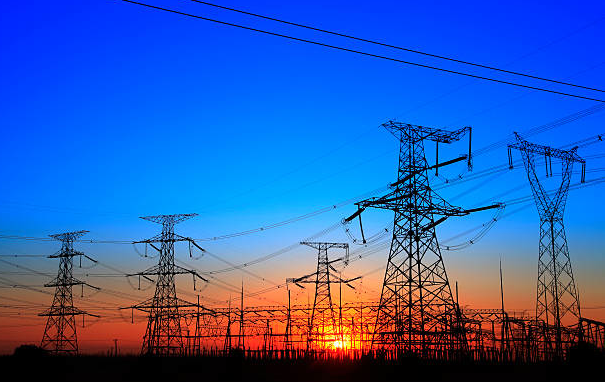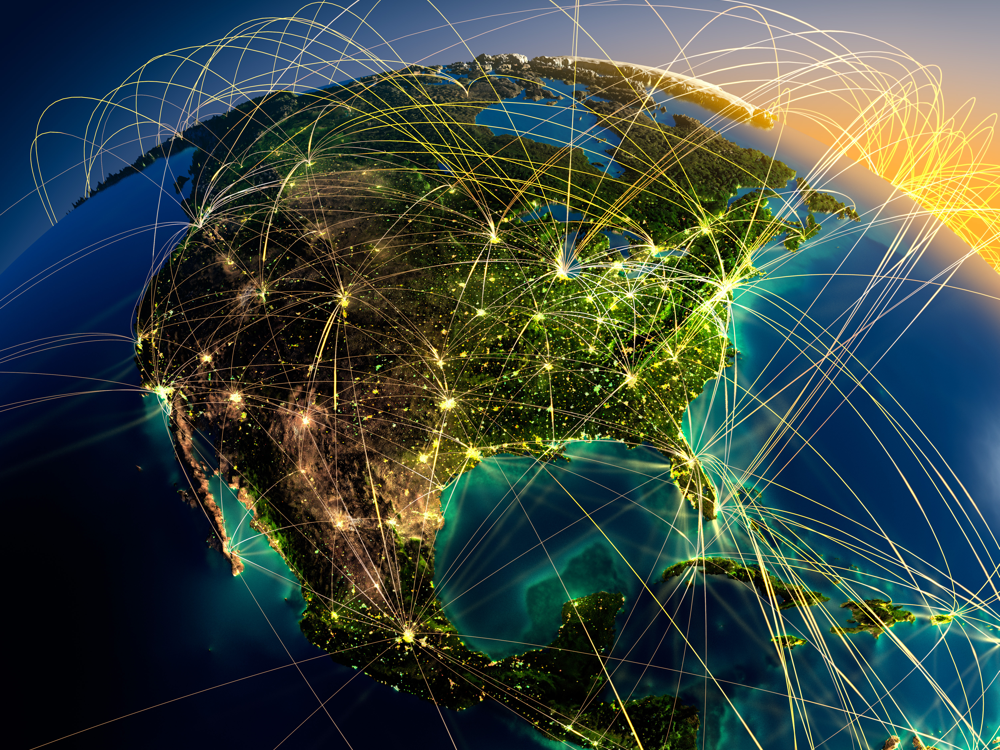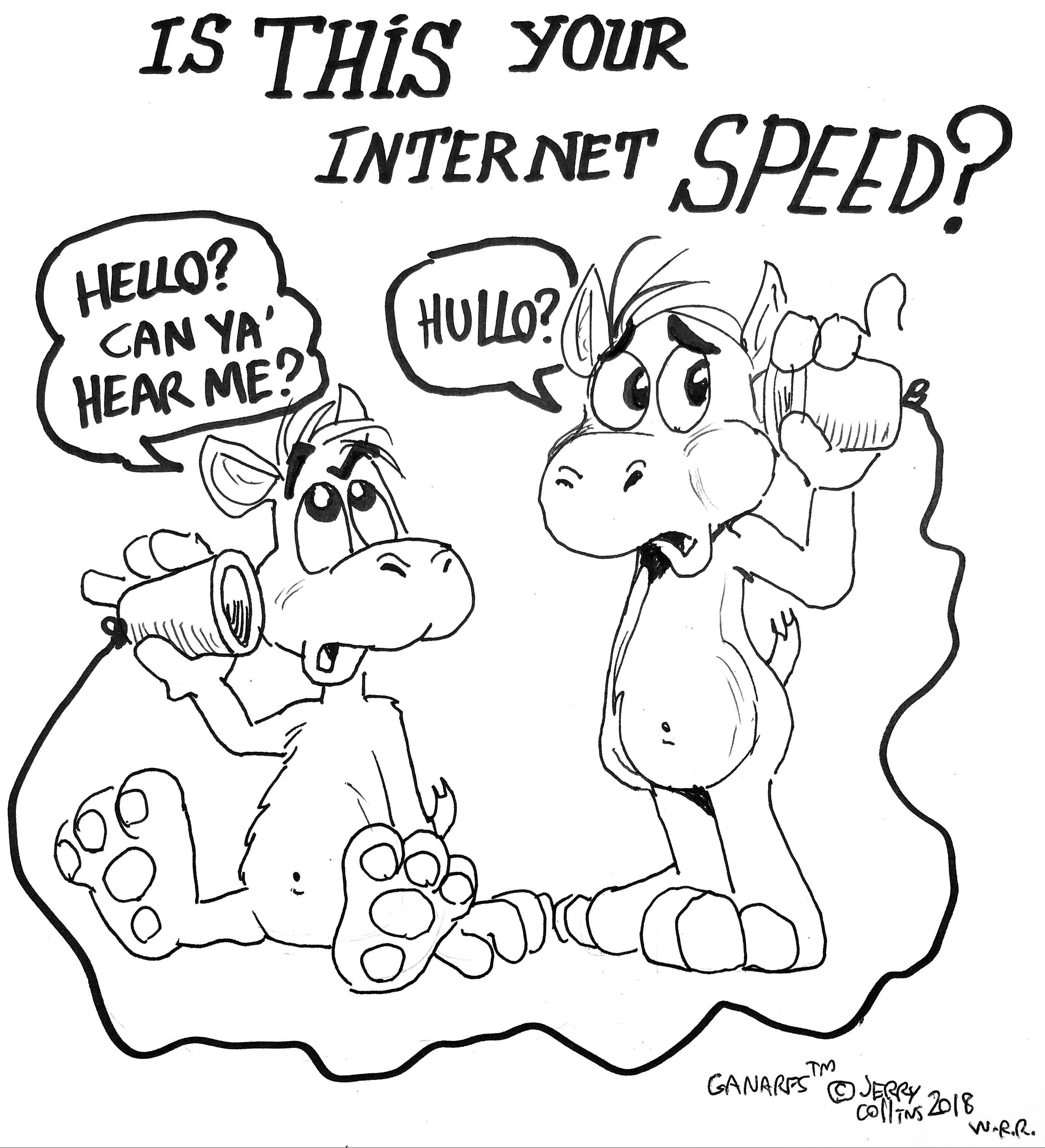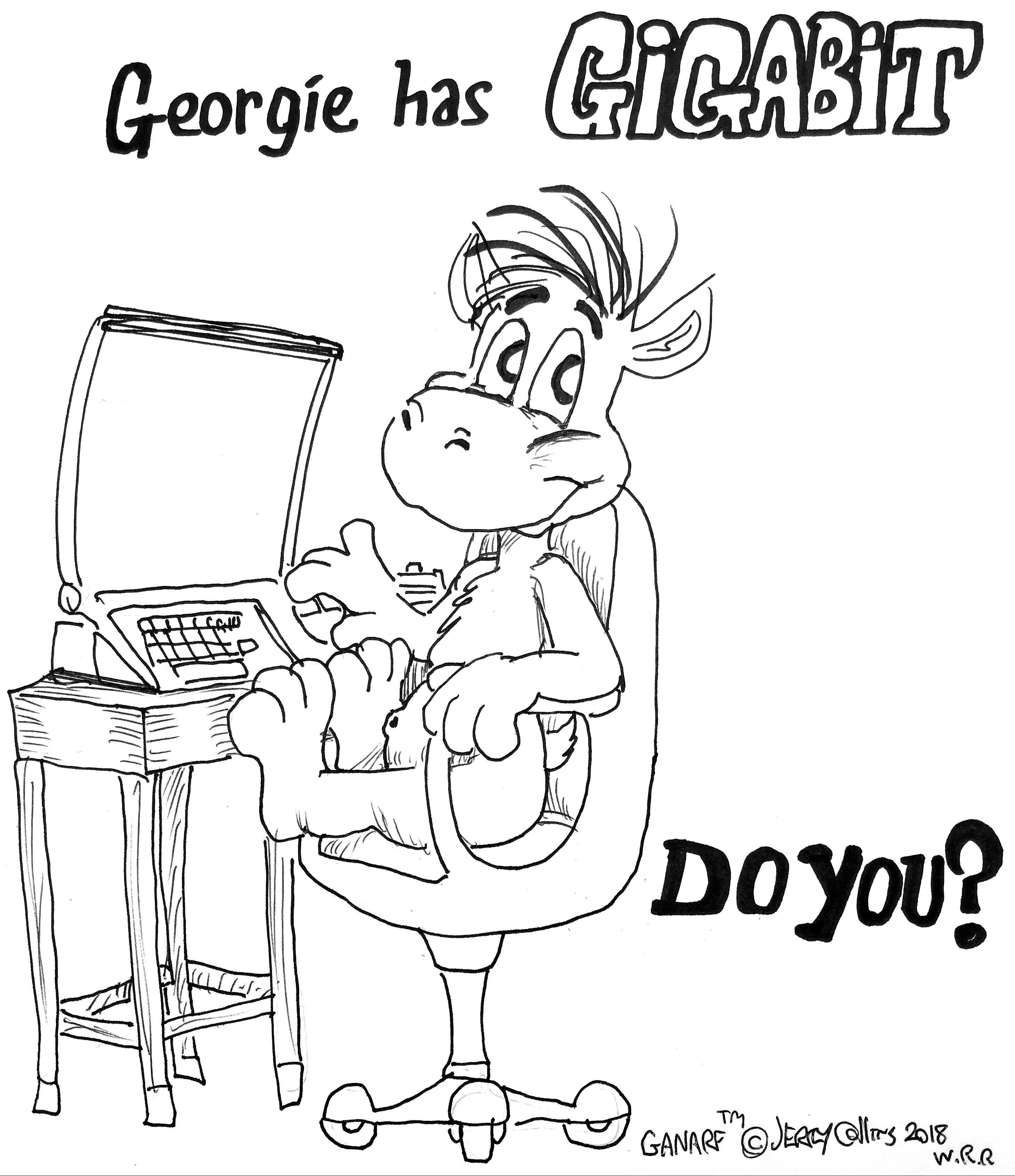HELLO, FUTURE
Gigabit For All
200 Washington Street, Madison
in between McDonalds and Main Street
HUGE IMPORTANT NEWS!
Madison Gigabit Internet has been selected by Graves Mountain Lodge to build and maintain the campus-wide office and guest computer/WiFi network, over the next 8 months.
Georgie is super excited!

Our Goals
- Gigabit internet speed (10-50X faster than what you have)
- At every home and business in Madison County
- Works with any device you have: PC, Mac, iPad, smart phone
- Within 5 years -- OR LESS!
- Unlimited Data
- No Towers
- Reliability better than satellite, approaching buried fiber. Depends on mix of fiber and wireless
- BYOD (router, etc) possible/likely (we'll probably insist it be a firewall)
- 10 Gigabit speed (4K movies) eventually
- We will work with you to add fiber where it isn't, unlike the other guys
- Owned, managed, operated in Madison County
- Local hires where possible
- Target pricing: $75/month price target for homes, $125 for business. If we have to have a cheaper tier, it won't include full gigabit; probably still faster than other choices.
- Install cost: Zero, I hope. If we supply router to you, then whatever that costs.
Why is this important?
What was the most important piece of man-made public infrastructure prior to 1900?
 Highway 401 in Toronto
Highway 401 in Toronto
No roads means no movement of people or goods. The best you get is what you can carry in your hands, and you only walk to your neighbors' houses through 3-foot high weeds. Except where their goats eat it to the ground. Ugh.
Roads let people and goods move from anywhere to anywhere else. Better roads mean more and faster.
The invention of the wheel means horse-cart and ox-cart, you now have something that holds a lot more than you can, and an animal that pulls it. That means you need wider roads, and wider still when you have to pass someone going the other way.
Cars and trucks are better, but they're just fancier horse-carts, they don't introduce new public infrastructure. Well, they do, but it's private gas stations. Granted, the conversion from horses to cars happens really fast, but that's for other reasons. Railroad is important, but that's just a specialized kind of road.
Roads are pervasive, and civilization cannot get along without them. But they've been around for millenia, and we don't really build them very fast, although that's more about materials and automation and wrangling over where to put them.
What is the most important piece of man-made infrastructure after 1900?
 This isn't a picture of actual electricity, just the way it gets to you
This isn't a picture of actual electricity, just the way it gets to you
Once Edison invents a practical lightbulb, everyone wants indoor lights that won't burn your house down. And that means electricity has to be delivered everywhere.
Electricity distribution happens pretty fast, taking really only a few decades to go from nowhere to everywhere. Getting to have electricity depends on having roads to transport all those poles and wires.
Civilization cannot get along without electricity. It is pervasive, and ubiquitous. It doesn't even occur to you that there's somewhere you can go that won't have it. Virtually everything we use takes electricity.
What is the most important piece of man-made infrastructure after 2000?
 It's NOT a series of tubes
It's NOT a series of tubes
It IS pervasive, and it IS ubiquitous (more or less), but at the same time it's still limited--just like some places have superhighways and others have dirt roads, some places have very high-speed service, and others only have dialup.
Dialup internet service is like saying "yes I have electricity, and I can run a 60-watt lightbulb!"
If every household in Madison was using dialup at the same time, that STILL wouldn't total a gigabit.
A lot of the rest of the world is using very high speed internet as basic infrastructure. It is pervasive, and ubiquitous.
Internet distribution happens phenomenally fast, taking really only a one decade to go from nowhere to everywhere. Getting to have the internet depends on having electricity, which depends on roads.
Civilization cannot get along with the internet. Not any more. And never again.
And yet, few of us have service speed that is anywhere near what is readily possible with today's networking hardware. We are stuck with feeble speeds, which severely limit our abilities. Not because there is a technical limitation--network speeds casually exceed 10 gigabits for wired networks in a computing center, and you can do it at home if you want--but because no one is clamoring for it. And it's true that infrastructure costs aren't trivial. But compare what exists for satellite delivery with locations that have "fiber to the home", i.e., gigabit service.
With satellite, streaming video is possible, but iffy. With gigabit, it's trivial--you do it all the time.
And we owe it to ourselves and our children and grandchildren to bring it here. Starting now.
"The greatest natural resource that any country can have is its children." - Danny KayeAnd we need to do the best we can for them.
How will we do this?
Wireless first, fiber later.
Wireless service can be very fast. We expect it will be 100 megabits at your house (I measured 101 at Mad Local on Jan 1 2019). Fiber is ridiculous fast, but because it costs more to install, that comes later.The plan is to build up the ground station in town, do local service from it, build a few receiver towers around the county, beam a signal to them, either directly, or bounced off the REC Blakey tower, and do local service from those receiver towers. We have a small version of this arrangement working now, and plan to expand in 2019.
If you'd like to test-drive the service, you can do that by eating at one of our favorite restaurants nearby, either Mad Local, or JennyLynds, and use their customer WiFi--that's us. You should be able to speed test around 95/25 megabits.
Once we have established enough presence around the county to afford it, we will begin to backfill with fiber where we alreade have wireless, and expand the wireless outwards.
Fiber to the home is the final goal. Fiber is capable of speed a million times greater than the gigabit we are aiming towards, so it will be good for another 50 years or more. (There's fiber in use today that was installed in the 1970s.)
Wireless first, fiber later. Anyone who is NOT talking about fiber as the ultimate target doesn't understand where things are going. Remember dial-up? 20 years ago? You don't want to be in that equivalent position 10 years from now.
What's a Gigabit?
One DVD = 2 GigaBYTES = 16 GigaBITS
~ Download 1 DVD movie in 2-3 minutes, a BluRay ~ 15 minutes

- Photos -- 1 second -- that email of grandkids pictures
- Songs -- 1 second -- that new song by The Beatles
- YouTube -- watch lolcat videos live
- Games -- CoD, WoW, no lag, full speed. Steam install DOOM in an hour or two, not a day or two! (Well, depends on how fast Steam is)
- Netflix, Hulu, etc -- watch full speed, no lag/pause
- Streaming video -- Walking Dead full speed no lag
- Skype -- with your deployed spouse
- VPN -- will actually work (no go on satellite)
- Your online business
- Something new no one has thought of!
Remember that 20 years ago (1997) Google was a research project, Amazon only sold books, and Mr Facebook was in Junior High School...

Not included:
- Email service. Use GMail, Yahoo, etc. They're good, and it's yours forever.
- Web hosting. Use GoDaddy, 1And1, etc. They're good too
- File storage. Use DropBox, etc. Also good
- TV. Go to "abc.com", "syfy.com", etc.
- Telephone. Use Skype. Or WiFi calling. We won't have integrated service.
- Content monitoring. NSA can figure it out themselves.
THIS IS THE FAST-LANE ON-RAMP, NOT THE DO-EVERYTHING QUICKIE-MART AT THE INTERSECTION
Limitations
The standard limitations apply: the Internet is like driving your car around. Some roads are faster than others. Some times of day are faster than others. Sometimes there's a slowdown for no reason you can see, and suddenly it clears up. If your speed is slow sometimes, it ain't us! The rated speed of the network is not the same as the download speed you can see various places. Remember the bits versus bytes deal: 8 bits equals one byte. Network speed is in bits, your data is in bytes. Want to download a movie? Please do it overnight, or in the afternoon. If everyone tries to do this at 8pm, it's going to be like I-495 rush-hour.Is it really possible to reach that top speed? (here comes the fine print)
Yes and no. Remember bumper cars at Kings Dominion? You all go around in a loop, but you do bump into other things a lot. Sometimes it's pretty smooth looping, sometimes not. If you were on the track all alone, and there aren't any other cars, well, yes, you can hit pretty close to top speed. Network traffic travels in "packets" where a packet carries a bunch of "bytes" but also has a lot of "overhead" (extra bytes having to do with destination and routing and stuff); that overhead is about 1/3 of the actual bits that get on the network. Your DVD movie download of 2 gigaBYTES (aka 16 gigaBITS) is going to take about 25 gigaBITS on the network, and recent experience suggests that will, under the best possible circumstances, take about a minute. Here's an option for you: Click here to do a speed test of the service you already have. The numbers you get will vary with time of day...middle of the night is definitely going to be faster; 4pm, not so much. Today, at 10 pm, I got (ping) 632, (Down) 2.52, (Up) 0.73, on satellite. On your cellphone you'll have to download an app from speedtest to measure that. With 2 bars of Sprint LTE I got 681, 1.75, and 1.69. The meaning of those numbers is (ping) smaller is better, (down) larger is better, (up) larger is better, and you'd like up and down to be about the same. Madison Gigabit intends that our service numbers will be 5, 850, 850. We'll see how that turns out :) The gigabit speed numbers won't happen until we are installing fiber for you. My best experience recently is that when I direct-connected a pair of computers with a gigabit wire I moved about 2 gigaBYTES per minute; the test was actually about 25 gigabytes and it took about 12 minutes. So I expect that's the real peak speed we can hope for. I have gotten faster than that, nearly 3 gigaBYTES per minute, with faster computers (or perhaps it was faster internal disks). I can't even test a 10 gigaBIT service speed because I don't personally have any hardware like that yet.
What is this going to cost?
The target is $75 per month. That will be all the features we care about--full speed (gigabit when we have fiber), no data-limit. FIOS in Richmond is that price, for their gigabit service, with their infrastructure and population density. If we need a cheaper price per month it won't be gigabit. May be possible: 10 gigabit speed service for some nearby customers/users. That's going to be pricey, maybe $500 per month, because that is requiring fancier hardware that costs more. After 5-10 years (sooner if possible), that will become the standard service speed. We aren't trying to do this yet, and won't for a few years at the least. If you need this, come in and talk to us. Eventually of course we will be aiming for fiber direct to all homes in the county. That will not be cheap, but it's less expensive than we thought. The fiber itself is about 50 cents per foot, but the labor cost is ~$5 per foot.I want it NOW!
Well, me too.Become an investor. The sooner there is money, the sooner we are getting done. Contact us to see the business plan.
So what is the plan?
- Tap a fiber trunk somewhere convenient in Madison. Build NOC. Cost swag: turns out this won't have an up front cost. Yay!
- Using wireless, work the solution in town. Comcast is already present there, but not everyone has it. Cost swag: $20K
- Expand into something nearby. Malvern looks a good candidate.
- Pull fiber to the named villages (Syria, Etlan, Rochelle, Hood, etc). Either use very high-speed wireless from there, as repeaters, and receivers at homes, or fiber all the way. Cost swag $10 million.
- Continue to pull fiber until that reaches every household. Cost swag $10 million.
- Figure out how to work with Dominion and their pole structure. Cost swag: $1 million.
What we don't know yet is whether the wireless/repeaters approach is any cheaper than fiber everywhere. It might not be.
Basically we will begin with some very fast wireless, and back-fill with fiber as we push out of town and as customers are signing up.
Can I register for service?
Yes. Click here. What happpens? We need your street address to help us determine where service will go in what order (hey, somebody gets to be first--the more of your neighbors that sign up, the sooner you area gets service). Your data is kept private; no one knows where it is, or has access to it, except me. Once you sign up, we take that address and plot it on our map. Wherever the most people are signing up, that's where we head towards. (That said, Malvern, which is right across Rt 29, probably gets to go first because they're close by.) So far, with 175 signups we don't yet have a clear peak in the heatmap--interest is steady across the county. Your information will be held internally, inaccessible from anywhere.
Progress:
- Feb 15: We now have an office location, our starting NOC. We are there during normal working hours (generally 10-6), and we are happy to talk at other times, too. 200 Washington Street, Madison, Virginia. (AKA "the little bank building", just off Main Street)
- March 5, 2018: We have signed the contract with Lumos to bring fiber to our building. Time estimate on this is July 1 (later than I'd have preferred).
- We have a prelim verbal agreement with REC about being able to use their poles
- We are in pursuit of various preliminary costing info.
- A proposal from a potential sub-contractor indicates that their cost to bury fiber is the same as their cost to elevate. This is an interesting situation--arguing that we should bury things as much as possible, after that wind-storm on March 2nd. Realized that the likeliest reason for ongoing repair maintenance might be ice storms. Ouch. Buried fiber looking better.
- March 23, 2018: We have service in the building. This is for immediate use internally. The coax was already in the building, so it was easy to do. 150 megabit business service--this speed is very nice. Lumos will be even better.
- April 3, 2018: We powered up our first wireless devices for a little testing. These are Ubiquiti devices. We will be doing some testing/experiments with them the next few weeks, with some prelim installs nearby. If you're really close by, and would like to participate in this, let us know (by really close I mean you can see the office). The devices look interesting, and appear to do what we want, the way we hoped they would.
- July 11, 2018: We have verified that it is possible to make a repeater node with a Nanobeam and a Rocket/Omni. This should let us advance towards the south end of town this summer.
- Jul 20, 2018: We submitted a proposal to Fauquier. They will spend their own money to move forward on internet service expansion. It was quite interesting working this proposal, clarified and solidified our thinking about how to deploy.
- August 1, 2018: We have 8 working test sites right now, all close to the office. Typical speed at each one is 95 down and 25 up; that is the nature of the test service to the outside right now. You can try them out yourself at Mad Local and Jenny Lynd's Pizza (formerly Pie in the Sky)
- Nov 1, 2018: We are at 10 locations, another two pending. Still experimental mode on this.
- Dec 14, 2018: We have submitted a proposal jointly with Madison County for some grant funding from Virginia DHCD/VATI. VATI had about $1 million a year ago, awarded 5-6 wins. This year VATI has $4 million, so this should go ok. Next year, Gov Northam is asking for $40-50 million, which is probably enough to exceed the quantity of applications they'll get.
- March 11, 2019: Fiber is being installed into our building today.
- March 29, 2019: Madison was NOT selected as a winner on the grant proposal. There were 35 proposals, asking for $11 million from a $4 million budget. Eleven proposal won, so 2/3 got nothing at all. Next year's budget is going to be quite a bit bigger, approx $20 million, so we will like apply one more time.
- July 28, 2019: Madison Gigabit has been invited--by Orange County--to participate in THEIR VATI grant proposal. This does of course mean that that work gets executed in Orange. Orange County is motivated and excited, and pushing forward on this, with a county-wide plan for the next several years. We are THRILLED to be able to get in on the ground floor on this.
Proposals were submitted on August 30. We expect that award annountements will take place right before Thanksgiving; projects are to be completed during 2020, so once things ramp up we will be working it hard. ****** Later: there were 39 propsals, for $43 million in grant requests. It's going to be a tough one again. Wish the legislature had approved the entire $50 million that was requested. - September 20, 2019: Madison Gigabit has been selected by Graves Mountain Lodge to build a campus-wide internet/wifi service upgrade, for approximately 25 buildings, over the next 8 months.
In the News
- Print: The Madison Eagle, Jan 4, 2018
- Print: The Madison Eagle, May 21, 2018
- TV: Interview with Channel 29 in Charlottesville, Feb 9, 2018 (this dropped off their website, but we have a copy here)
- Print: The Madison Eagle, Dec 20, 2018. Story about the VATI grant application (also here)
- Print: The Madison Eagle, June 6, 2019. Story about paid service starting. (also here)
Contacts:
I have a questionI want to invest
I want to work for you I need volunteer help with these things (paid jobs are later)
- Network Engineer
- Social Media and this website
- Funding pursuit
- Service Installation
Show me the coverage maps
Where is it available today?Where is it next?
Where will the grant funding get applied?
If you need internet service today, satellite is your best choice, most likely. If you live in the town of Madison, Comcast is probably best.
Here's another interesting map (and nothing to do with us): State-wide coverage map of counties. It tells you the relatively obvious, that the best service is NoVA, Richmond, Tidewater, Charlottesville. It also lies to you, because this is going to be based on less-than-great data (altho apparently not the FCC's data, which is terrible).How to pay your bill online:
USE PAYPAL
USE SQUARE (Coming soon)
In Person: cash, check
Send a check to
Madison Gigabit Internet
200 Washington Street
Madison, VA 22727
The cartoon artwork
My favorite artist is Jerry Collins, of Macon, Georgia. I've known Jerry for 40+ years, he's a year older than I am. Georgie Ganarf is one of his creations from the 1970s; I have some art of Georgie dated 1978. (Ganarfs are apparently not from around here, I've just learned.) Here's Jerry's online work (possibly NSFW). You can order a print of any of it. Do it! Make his day!
Or, you can get a Georgie shirt from us, in a choice of colors:

$10, in person at the office. M, L, XL. Produced for us by Amos Apparel in Orange.